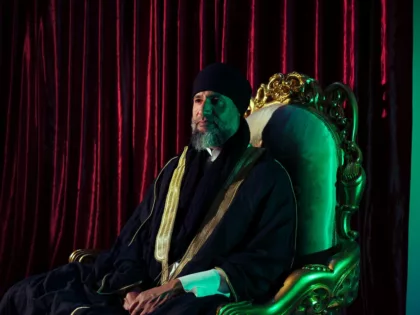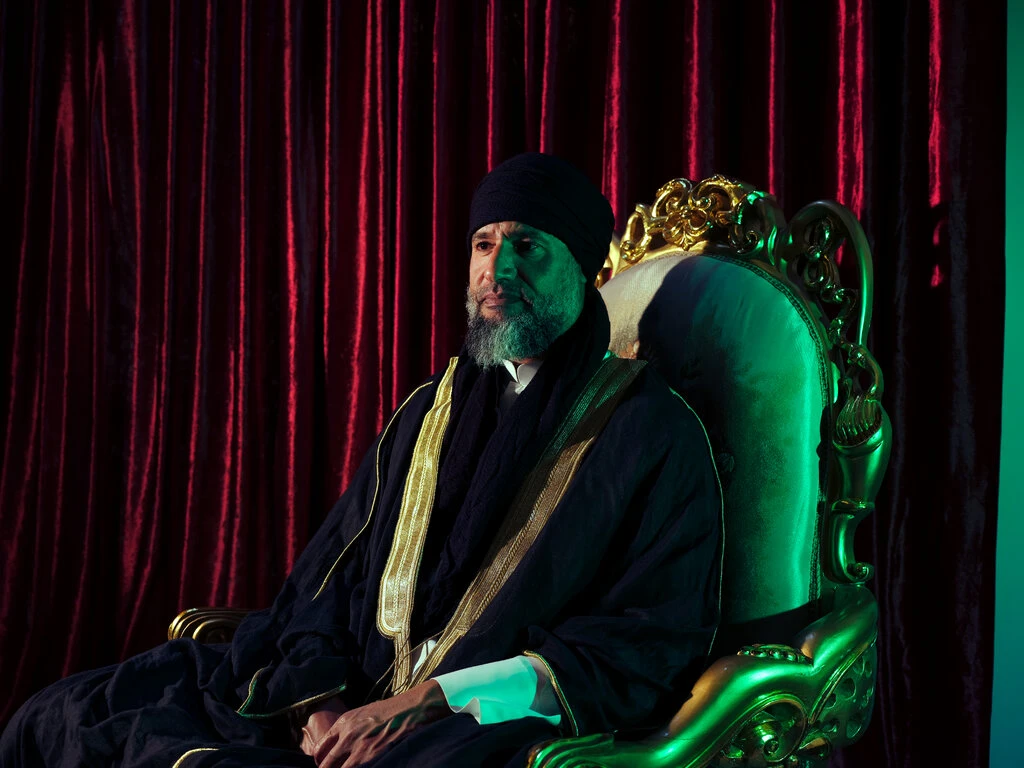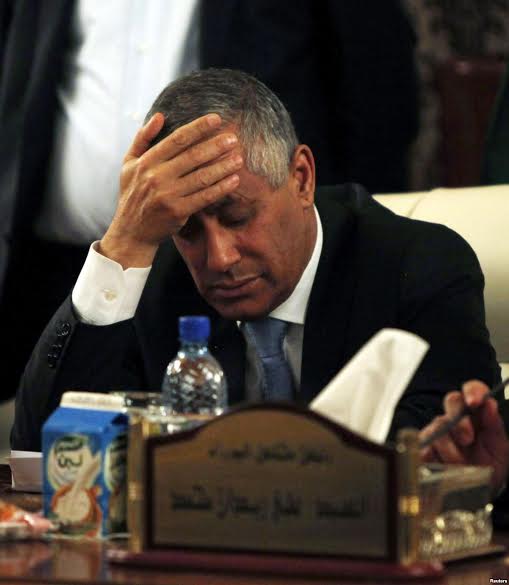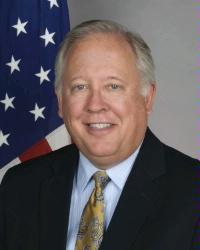 Seif al-Islam Gaddafi, son of the late Libyan leader Muammar Gaddafi, wants to “restore the lost unity” of Libya after a decade of chaos and talks about running for president.
Seif al-Islam Gaddafi, son of the late Libyan leader Muammar Gaddafi, wants to “restore the lost unity” of Libya after a decade of chaos and talks about running for president.
In a rare interview with the New York Times, Seif al-Islam said that Libyan politicians have “brought nothing but misery.”
“It’s time to go back to the past. The country is on its knees (…), there is no money, no security. There is no life here,” said Seif al-Islam, 49, who appeared for the first time in years.
In 2011, after four decades of undivided power, Muammar Gaddafi and those closest to him fell to a popular uprising, were eliminated, imprisoned or forced into exile. Three of Gaddafi’s sons were killed, but the fate of the fourth, Seif al-Islam, who had long been seen as his father’s successor, remained a mystery.
Captured in November 2011 by an armed group in Zenten, northwestern Libya, he was sentenced to death in 2015 after a summary trial. The group holding him nevertheless refused to hand him over to the authorities or to the International Criminal Court (ICC), which is seeking him for “crimes against humanity.” The group released him in 2017, but since then, his trail has evaporated.
In his first meeting with a foreign journalist in a decade, Seif al-Islam said he was now a “free man” and was organizing a political comeback, without indicating precisely how.
“Disillusioned with the revolution,” the rebels who captured him “finally realized that he could be a powerful ally,” he said in this lengthy interview with the New York Times magazine edition.
The interview, conducted in May, was published only Sunday. It took place, according to the paper, in a “lavish two-storey villa” inside a gated compound in Zenten. The New York Times also released photos of Seif al-Islam taken during the interview, wearing a black qamis embroidered with gold designs, with a greying beard and black turban on his head.
A possible candidacy of Seif al-Islam would face a major problem: his conviction by a Libyan court and the arrest warrant of the ICC. He is “convinced that these legal issues could be negotiated if a majority of the Libyan people chose him as their leader,” writes the New York Times, which concludes: “Seif seems to believe that he alone can represent the state for all Libyans.



